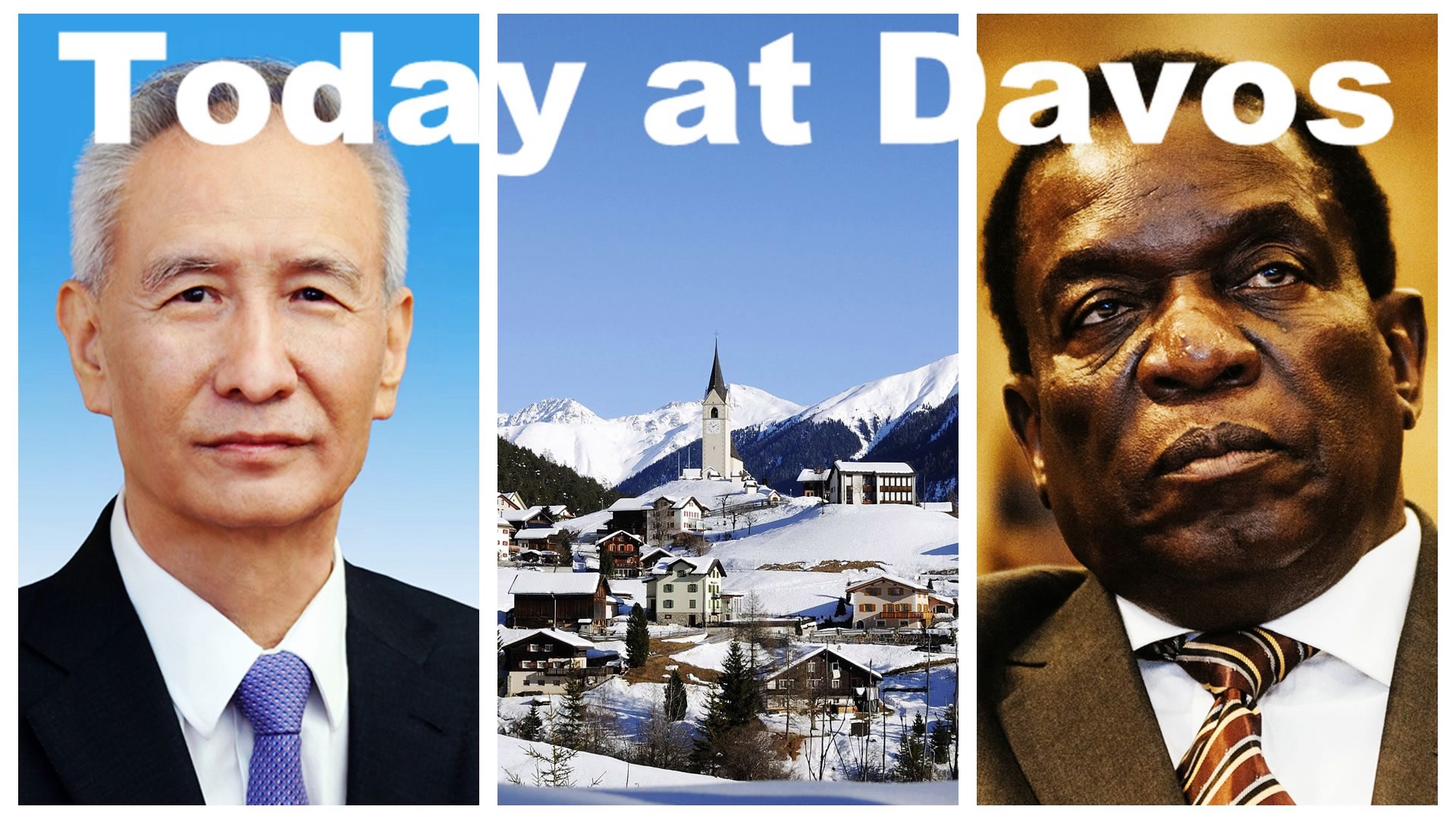Day three of the World Economic Forum promises to be the busiest so far, as China’s high-level official Liu He addressed on Beijing’s economic policy, a year after President Xi Jinping’s memorable speech on the same stage.
New Zimbabwean President Emmerson Mnangagwa made his debut on the international stage, and French and German leaders Emmanuel Macron and Angela Merkel will also be closely watched for clues on possible reform to the European Union.
Read on for more of what to expect from day three at Davos.
Liu He on China’s economy
Who? Liu He, a member of the Political Bureau of the Communist Party of China Central Committee and director of the General Office of the Central Leading Group for Financial and Economic Affairs.
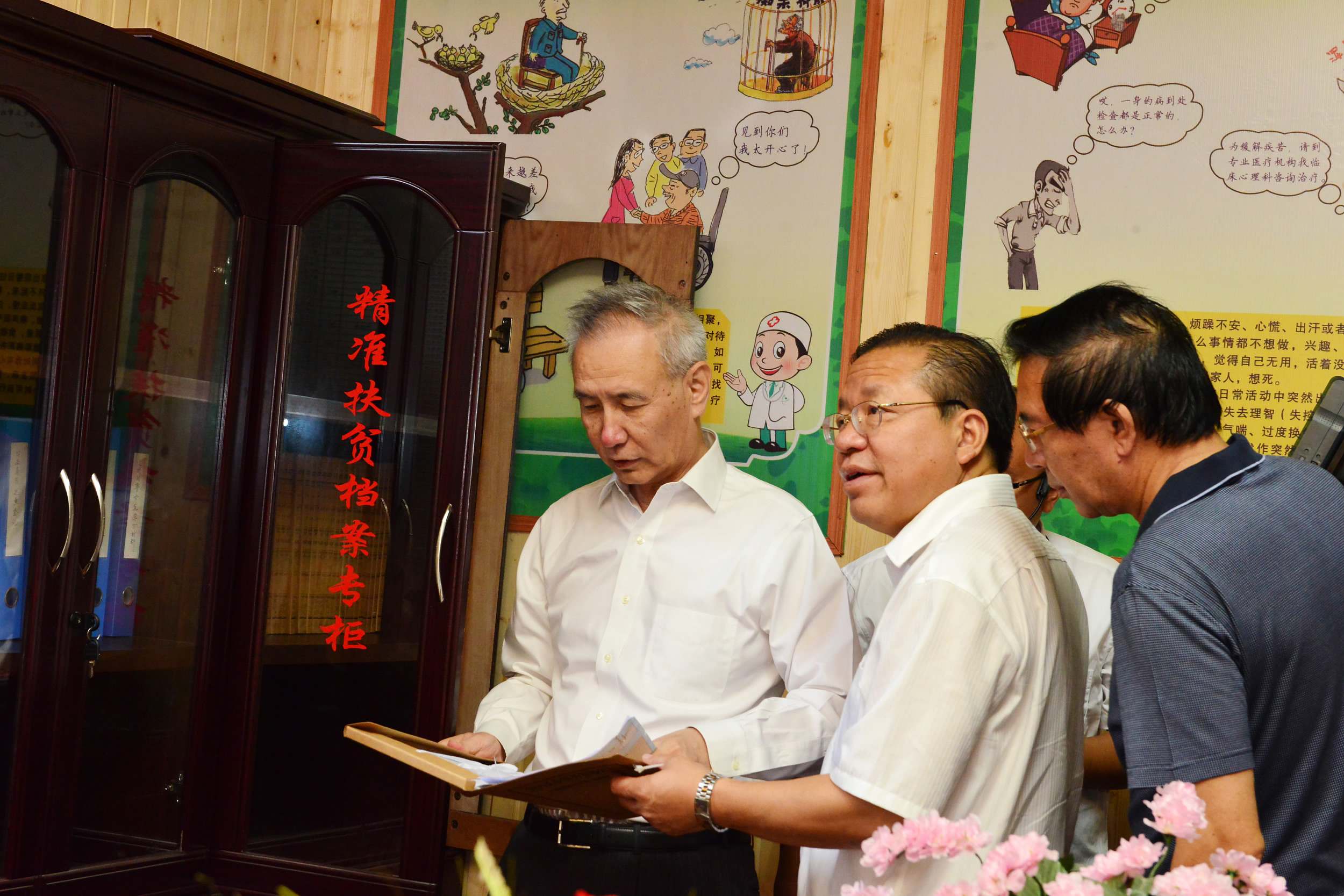
September 2016: Liu He (L) visits Jianhe County, Guizhou Province, during his poverty alleviation inspection. /VCG Photo
September 2016: Liu He (L) visits Jianhe County, Guizhou Province, during his poverty alleviation inspection. /VCG Photo
China's economic outlook: GDP grew by 6.9 percent in 2017, marking the first increase in economic growth in seven years. The economy is continuing its transition to a services-led model, as Beijing looks to achieve its goal of eliminating poverty by 2020.
What to expect:
Liu is widely seen as one of the top economic advisers within the Chinese government, and his speech at Davos is likely to echo President Xi’s rallying call last year in favor of globalization and cooperation.
That message carries greater resonance this year, with the WEF choosing “creating a shared future in a fractured world” as its theme for 2018, and what China sees as
growing protectionism on the part of the US.
All eyes on Mnangagwa
Who? Emmerson Mnangagwa, president of Zimbabwe since November 24, 2017.
Zimbabwe's economic outlook: Under ousted leader Robert Mugabe, the country fell into economic turmoil in recent years. The World Bank estimated earlier this month that the economy would grow by 0.9 percent this year, with heavy debts weighing down on the chances of a rapid recovery.
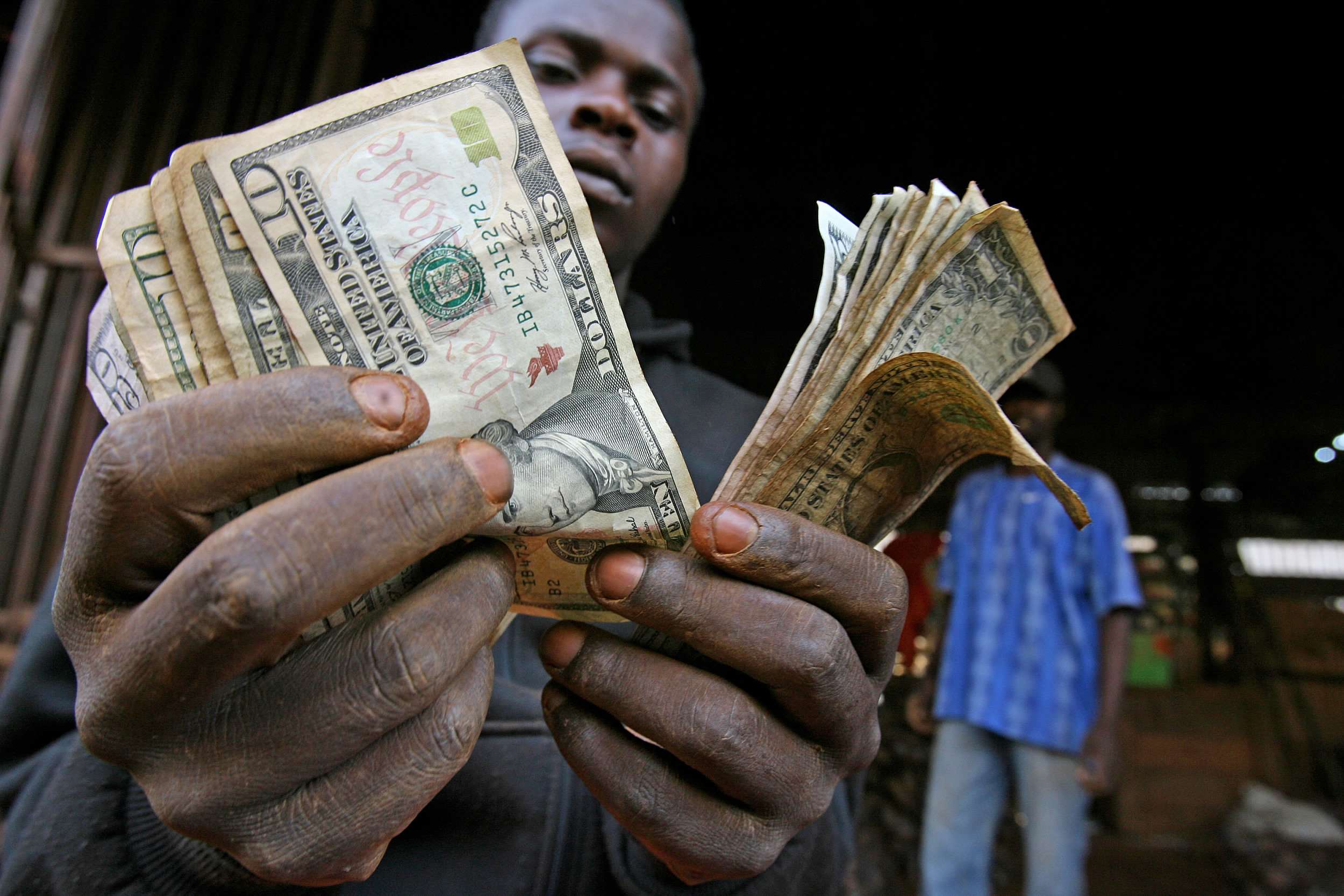
Zimbabwe's currency collapse is just one of the many challenges facing Mnanagwa. /VCG Photo
Zimbabwe's currency collapse is just one of the many challenges facing Mnanagwa. /VCG Photo
What to expect: Mnangagwa remains an unknown quantity on the international stage, and as head of the Zanu PF party – in power since 1980 – he may struggle to implement a dramatic overhaul of the country’s economy.
However, Mnangagwa said that he wanted to open the country up to foreign investment, and Davos will provide him with the platform to sell a vision of a new, open Zimbabwe. The new leader, aged 75, has promised Harare will pay back its debts, as it looks to secure new much-needed loans.
Mnangagwa called China a “country that has stood by us in difficult times” in a recent interview with the Financial Times, and is set to visit China this year at the invitation of President Xi Jinping, according to the Chinese Embassy in Harare.
Macron and Merkel
Who? Emmanuel Macron, president of France since May 2017, and Angela Merkel, chancellor of Germany since November 2005.
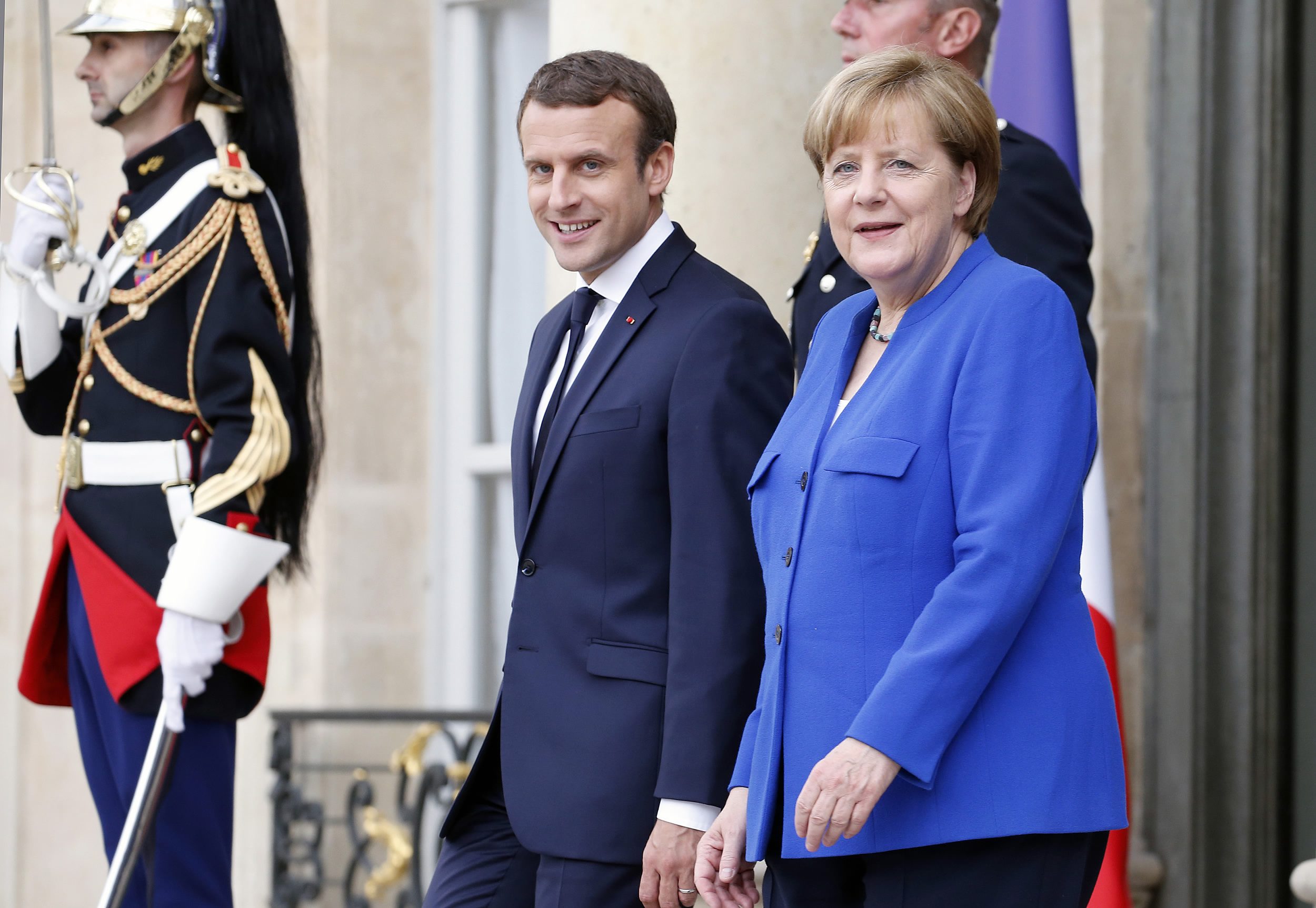
Macron and Merkel: Can they work together to reform the EU? /VCG Photo
Macron and Merkel: Can they work together to reform the EU? /VCG Photo
What to expect: Macron and Merkel will be giving separate speeches on Wednesday, and will be closely watched to see if both are singing from the same hymn sheet on European reform.
Macron is expected to make a pitch for multinationals to invest in France and relocate to Paris in preparation for Brexit. The French president has had a bumpy ride in opinion polls back home, and reforming the domestic economy will be a vital but difficult task in 2018.
Merkel will be relieved to be in Davos on the back of securing coalition talks with the Social Democrats, but Germany remains in political limbo as negotiations continue.
IMF chief Christine Lagarde called on Berlin last week to increase investments to “reduce global imbalances,” a demand which Germany’s central banker called “futile.” At Davos, Merkel will have to carefully choose her words, as she balances her role as a globalist with the growing domestic support for far-right and anti-Islam AfD party.
China at Davos
Beyond Liu He’s speech, look out for Jin Liqun, president of the Asian Infrastructure Investment Bank as he takes part in a roundtable discussion on “The Belt and Road Impact.”
Liu Qiangdong, founder of Chinese e-commerce giant JD.com, will be talking about how supply chain innovation is transforming the retail industry.
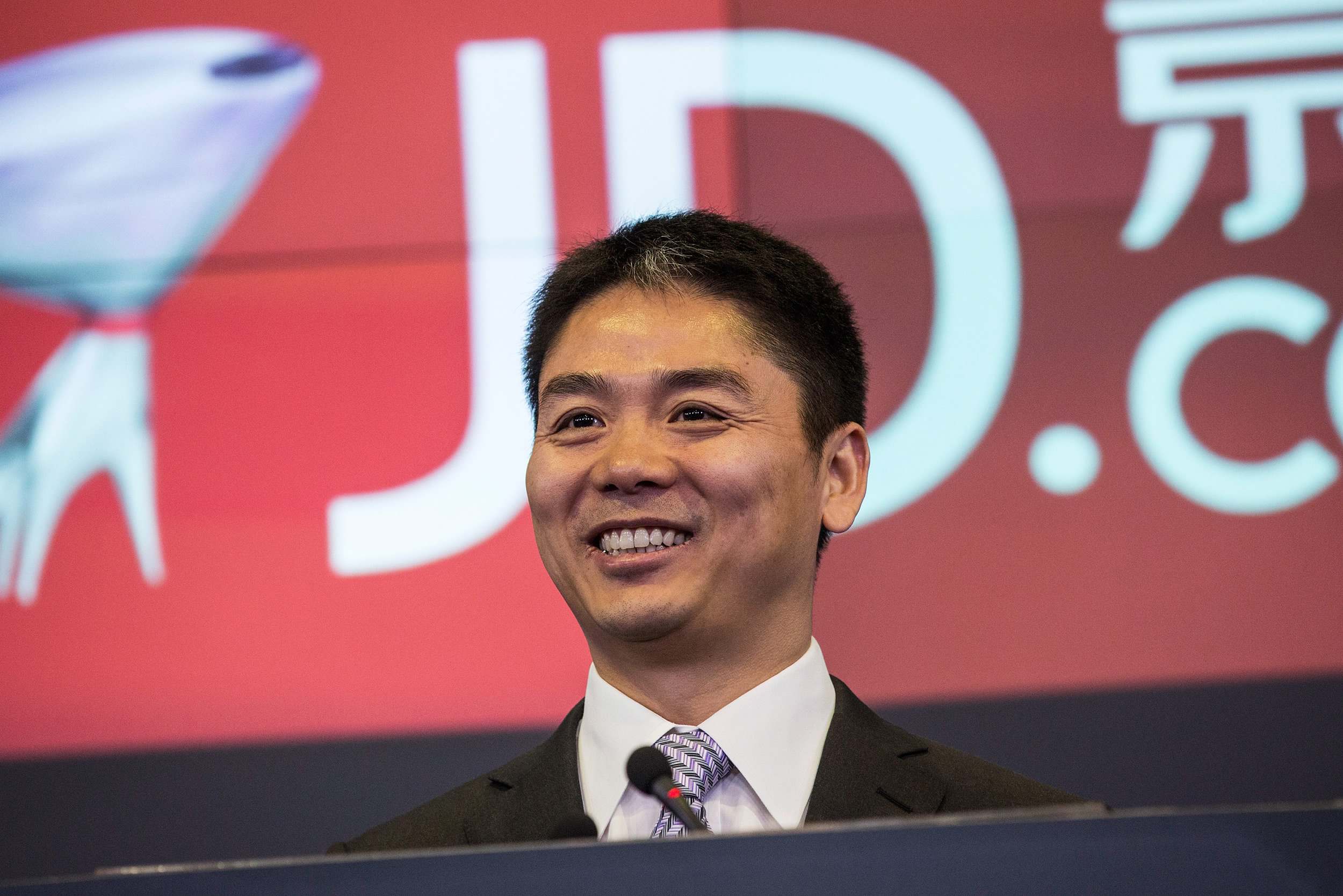
Liu Qiangdong, founder of JD.com /VCG Photo
Liu Qiangdong, founder of JD.com /VCG Photo
Liu Dashan, chairman of the China Energy Conservation and Environmental Protection Group, will take part in a roundtable on “New Consumption Frontiers,” looking at how waste can be reinvented as a product.
Ling Wen, president of the China Energy Investment Corporation, will appear alongside Nobel Peace Prize winner and Colombian President Juan Manuel Santos in “A Sprint to 2020,” a look at sustainable development and climate policy for emerging markets in the next few years.
Anything else to look out for?
Watch out for under-pressure Brazilian President Michel Temer’s address – it comes on the same day as popular former leader Luiz Inacio Lula da Silva hears his appeal for corruption back home.
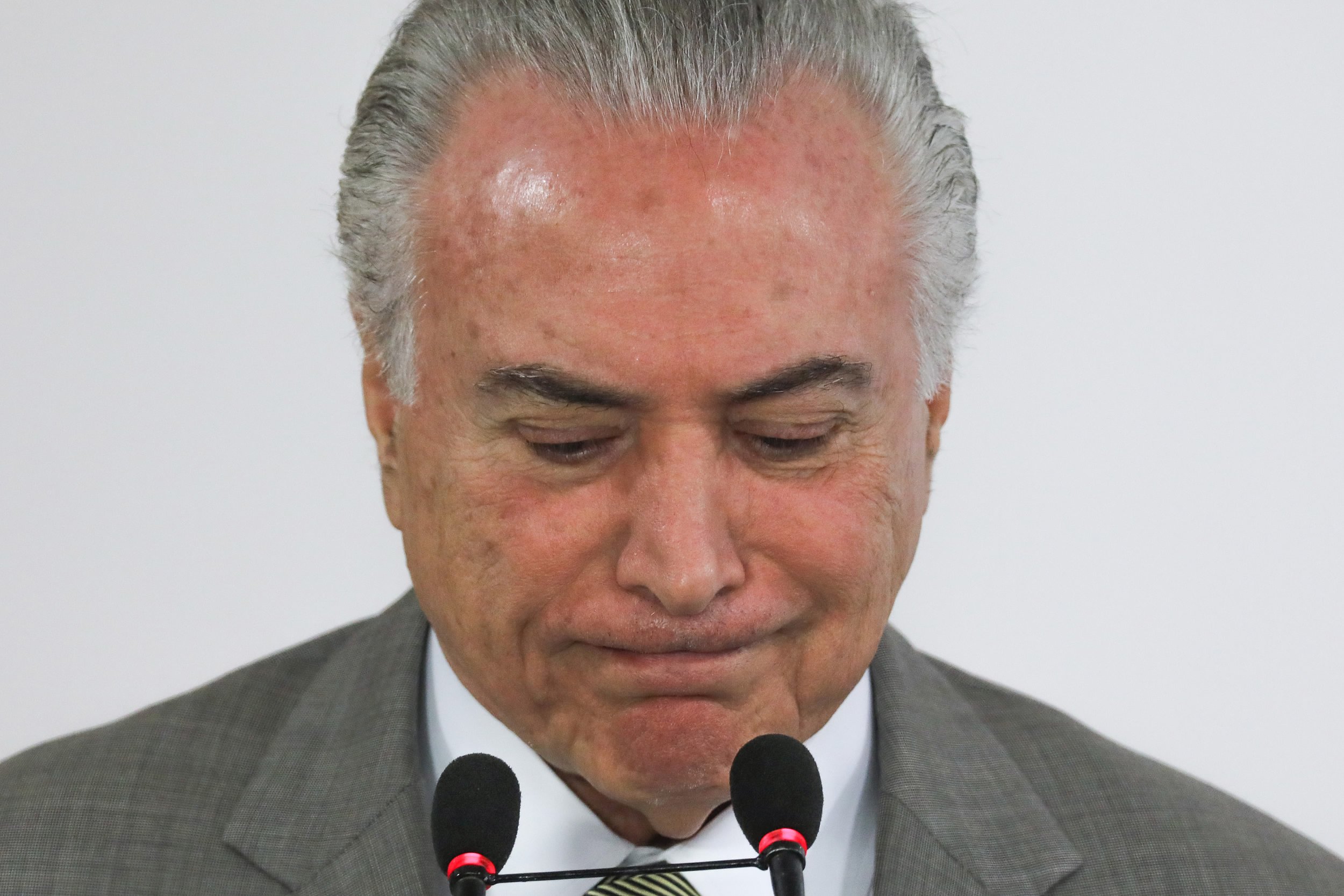
2018 could be a tough year for Michel Temer, with elections looming in the autumn. /VCG Photo
2018 could be a tough year for Michel Temer, with elections looming in the autumn. /VCG Photo
Speculation is mounting that Lula could stand for election later this year against Temer, who has struggled to gain support, and saw the economy downgraded earlier this month by S&P to BB- junk territory.
King of Spain Felipe IV will be talking about his country’s relationship with Europe, while Lebanese Prime Minister Saad al-Hariri – who resigned in Saudi Arabia before returning to Lebanon in late 2017 – will be another speaker to look out for.

